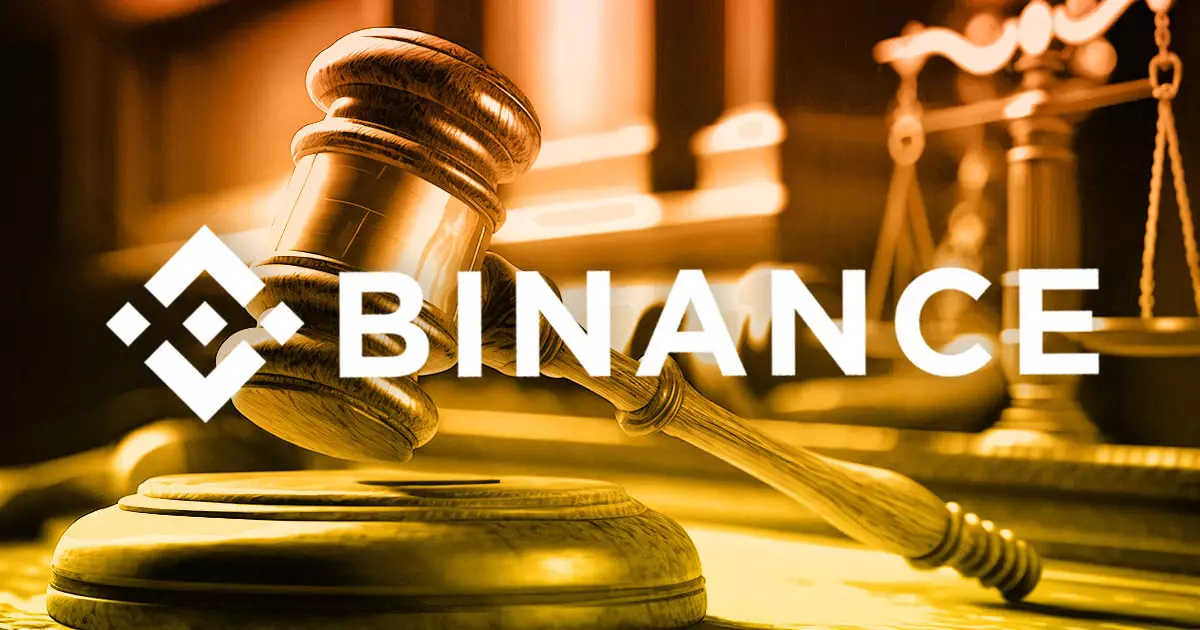Recently, cryptocurrency exchange Binance found itself at the center of a regulatory storm in Brazil. The Comissão de Valores Mobiliários (CVM), Brazil’s securities regulator, demanded that Binance cease its unauthorized activities in the country or face significant fines. This marked the end of a year-long investigation into Binance’s operations in Brazil, specifically focusing on unlicensed derivatives trading.
Despite attempts by Binance to settle the matter with the CVM, the regulator was not satisfied with the proposed settlement amount. Binance initially offered $370,000 to resolve the issue, but the CVM’s Specialized Federal Attorney’s Office identified legal issues with the agreement, leading to its rejection. The CVM’s Settlement Committee further emphasized the seriousness of the alleged infractions, including concerns about regulatory oversight obstruction.
The surge in crypto adoption in Brazil can be attributed to the country’s economic challenges, such as high inflation and a weakening currency. In the face of financial instability, Brazilians have turned to digital assets as a way to safeguard their wealth against the devaluation of the local fiat currency. This increased interest in cryptocurrencies has positioned Brazil as one of the leading countries in terms of crypto adoption, with approximately 8% of the population investing in digital assets by 2021.
In response to the growing trend of crypto adoption, the Brazilian government introduced the Pix payment system in 2020. This real-time digital finance platform has made digital transactions more accessible and commonplace, further fueling the adoption of cryptocurrencies in the country. Despite regulatory challenges, local crypto exchanges have thrived, capitalizing on the increasing digital literacy and comfort with digital finance among Brazilians.
The regulatory crackdown on Binance in Brazil highlights the challenges that crypto exchanges face in navigating the complex regulatory environment of different countries. While the surge in crypto adoption presents opportunities for growth, it also underscores the importance of understanding and complying with local regulations to avoid costly penalties and reputational damage. As the crypto market continues to evolve, exchanges must remain vigilant and proactive in addressing regulatory concerns to ensure their long-term sustainability and success.

